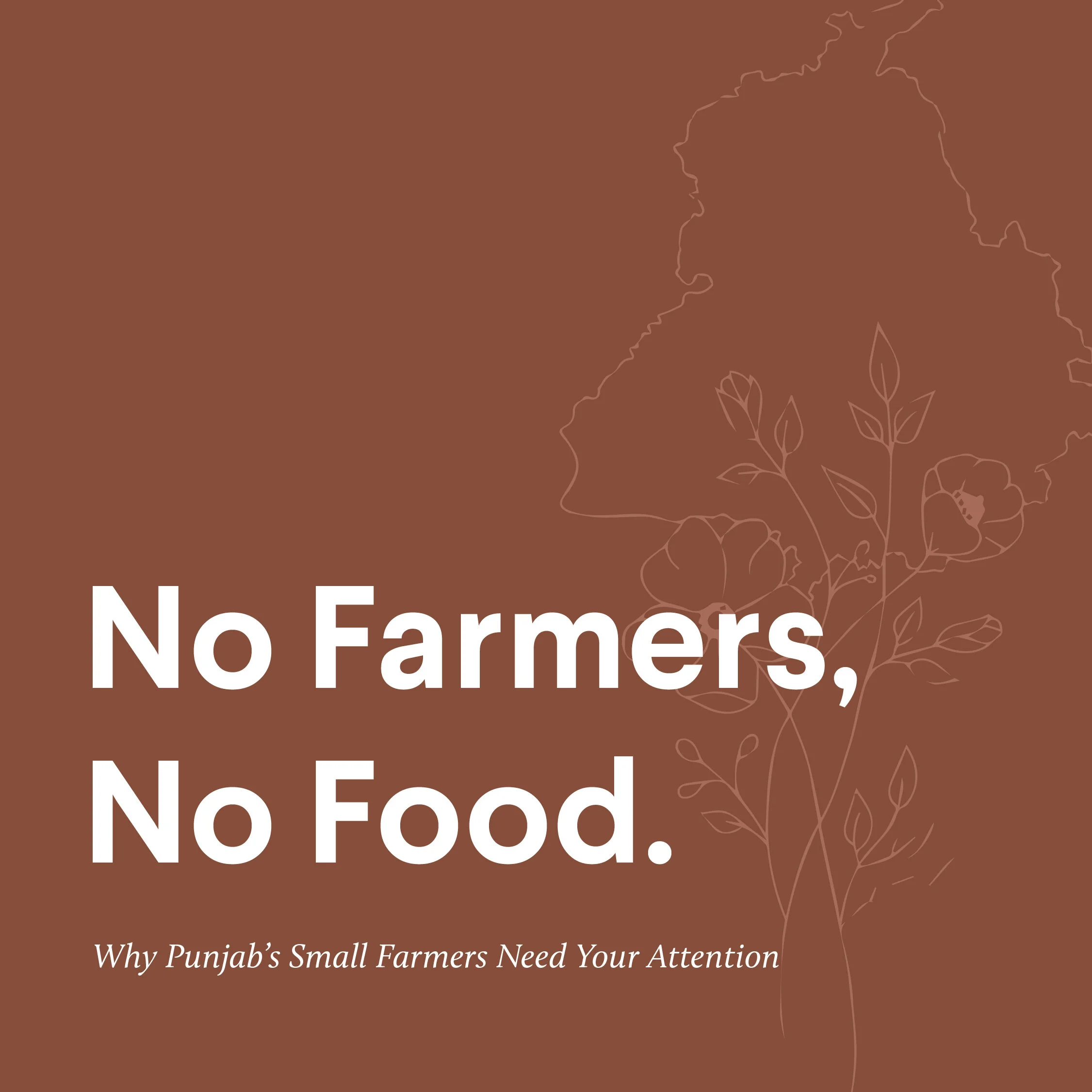Why India’s Push to a Free Market is Exploitative
At this moment, the largest protest in the world is happening in India, and yet, the global media remains silent. Over 250 million have taken to the streets to stand up to the oppressive ordinances being imposed by India’s Prime Minister, Narendra Modi, and his government on farmers across the country.
These new ordinances essentially allow for a free market to exist in India’s agricultural industry, allowing farmers to sell to private companies, not just government-regulated markets or middlemen, known as the mandi system. The mandi system as it stands can be quite exploitative, but allows for a few key protections to farmers: middlemen handle the costs of transporting goods to the consumers while also providing farmers with a place to store their produce, but most importantly a minimum support price (MSP).
But with free markets being the sign of a progressive capitalist society, why are farmers so upset? While at the surface this sounds like it would provide farmers with more opportunities and negotiating power, the reality is, it will end up making farmers more vulnerable to being undercut by the corporations.
In most developed countries with a free market system, farmers have protections, farm subsidies, that essentially help reduce any financial risk related to weather, commodities brokers, and disruption in demands. But as with any capitalist system, these systems usually only benefit larger producers, but still, they exist, discouraging the complete monopolization of the agricultural industry by corporations.
Capitalism at its core is built on the existence of inequities. The goal of any business operating in a capitalist society is to maximize profits for shareholders, prioritizing profits over people. This notion leaves those at the bottom, the workers and small farmers, with only a small share of the wealth, if that.
In India, the main security blanket that exists for small farmers in particular is the Minimum Support Price (MSP), which has not been included in writing under the new ordinances. Without significant subsidies and a MSP, India’s small farmers are likely to be priced out and unable to compete. As is the case with free markets, when corporations get involved, the marketplace becomes competitive, allowing corporations to undercut prices to the point at which small farmers are unable to compete, left with no farm, and no land.
This in turn, only feeds into an already volatile situation with India’s farmers experiencing an exorbitantly high suicide rate. It also then allows for corporations to hoard large amounts of crops, increasing demand, and therefore, the market value of the crop. They can, in turn, sell the crops at a much higher price than what the farmer was paid to begin with. This allows for unfair pricing -- hurting both farmers and consumers while lining the pockets of those who already hold most of the country’s wealth.
To see the results of an unregulated marketplace, you have to look no further than India’s garment industry, one that has been built on the exploitation of workers by large international fast-fashion companies. Why can a cotton t-shirt cost $5? Because everyone from the cotton farmer to garment worker are paid pennies in an effort to maximize profits for the person just above them in the production chain. When you have a free market and high competition, there is always someone who is willing to offer a lower price in order to get paid something. In the case of small farmers, holding crops in an effort to get paid fairly is just not an option because larger farms will always be able to out price them.
Instagram Posts for a Historical Overview



